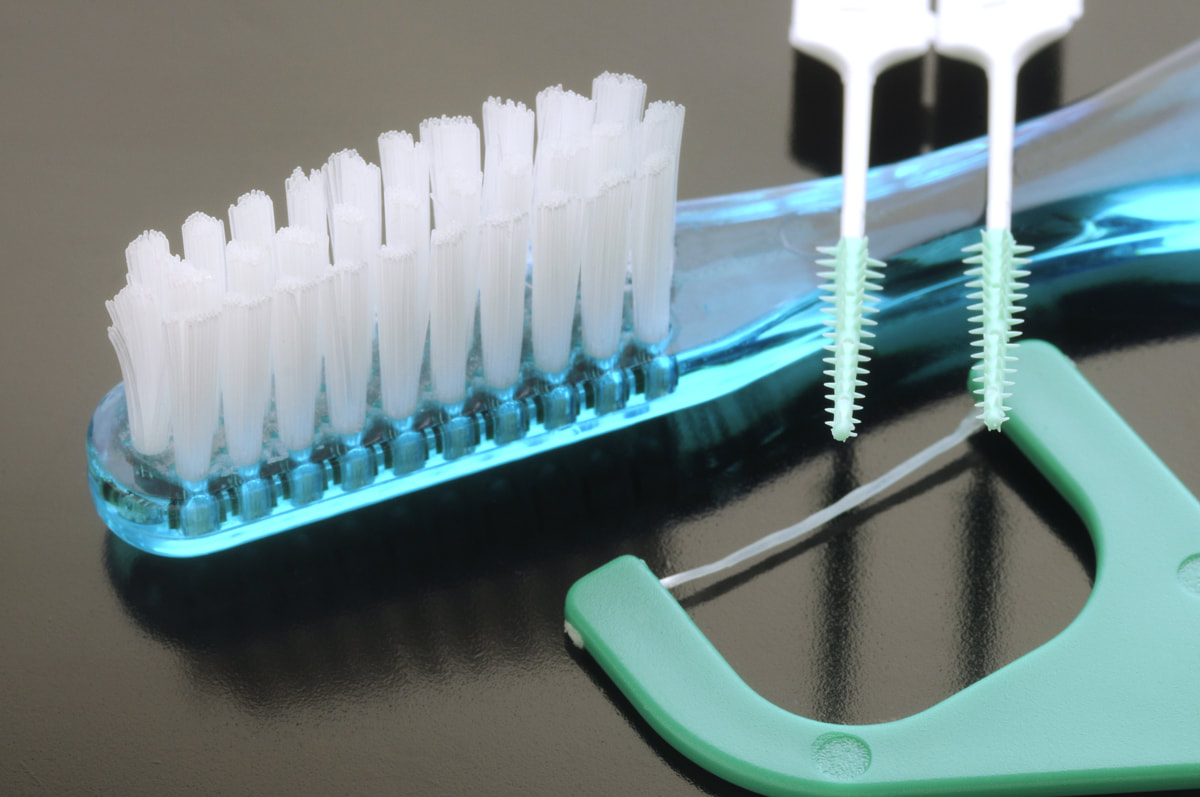Periodontal (gum) disease is extremely common and relatively easy to get. And yet, there are many effective means that can help prevent or minimize the risks of gum disease. If you do notice signs of periodontal disease, you should not hesitate to see your periodontist for a check-up and the appropriate periodontal treatment. The earlier you catch gum disease, the less damage is done and the easier it is to reverse it.
Causes and Types of Gum Disease
To better prevent gum disease, we must first understand what it is and what causes it. In general, gum disease is the inflammation and/or infection of the periodontal tissue around your teeth. It comes in three major stages of severity:
To better prevent gum disease, we must first understand what it is and what causes it. In general, gum disease is the inflammation and/or infection of the periodontal tissue around your teeth. It comes in three major stages of severity:
- Gingivitis: This first stage of gum deterioration involves gums getting sore, red, and swollen.
- Periodontitis: Second-stage gum disease begins to affect the underlying bone tissue that holds your teeth in position. So, the gum tissue , when healthy, acts as a seal preventing bacteria and food particles from sliding down the tooth into the bone attachment. Then bone is the anchor that holds the teeth steady for eating and talking. The damage to the bone is measured by your dentist in deeper pocket depths and also can be seen on some x rays. In deeper pockets the bone loss may be angular or horizontal, and is often repairable by your periodontist.
- Advanced periodontitis: Third-stage gum disease will involve teeth that are loose and eventually fall out. It will affect your ability to chew and speak properly.
Causes of gum disease include:
- Poor dental and oral hygiene like failure to brush, floss and daily and regular dental hygiene visits.
- A diet low in nutrients but high in sugar.
- Smoking and excessive consumption of alcoholic beverages.
- High stress levels, according to some studies.
- Genetic predisposition, is a smaller percentage but very real.
- A weak immune system reduced by medications or chronic disease
Ways to Prevent Periodontal Disease
There are numerous things you can do to minimize the chances of getting gum disease. Here are some of the most significant ways to help prevent it:
- Proper brushing: You should brush at least twice daily, use a fluoride toothpaste, use a soft-bristled brush, use a toothbrush small and flexible enough to reach into corners and crevices, and brush each tooth thoroughly at a 45-degree angle.
- Proper flossing: Floss at least once a day, before sleeping and after your last meal/snack. Do not force floss hard, or you could cut your gums, but pull the string along the sides of all your teeth. Use interdental brushes and picks to reach hard-to-access spaces and to clean along the gum line.
- Brush your tongue: Your tongue is a veritable incubator of bacteria. Brush it daily to kill the source of much plaque-forming bacteria.
- Use an antiseptic mouth wash: Mouth wash will loosen up any remaining food particles (after brushing and flossing) so they can be washed away, besides killing bacteria and fighting plaque already built up on your teeth.
- Change your diet: Limit sugar and carbs in your diet. Eat plenty of fruits and vegetables, especially foods like apples and carrots that can naturally scrape plaque off your teeth. Take vitamin supplements if necessary. Nutrients strengthen your gums, just like the rest of your body.
- Switch medications: Some medicines, such as aspirin, can thin your blood and make bleeding (of gums) more likely. If necessary, check with your doctor to see if a replacement medicine can be prescribed.
- Dental cleanings and checkups: The ADA recommends at least 2 dental check-ups and/or cleanings per year. Also consider getting a periodontal check-up with a periodontist. Catching and correcting gum problems early is key to effective periodontal treatment. If you are susceptible to periodontal disease it would be recommended to have more frequent professional cleaning visits, as often as every three months.
Finally, be sure to see your periodontist quickly if you are in need of periodontal treatment, be it root scaling and planing, gum-flap surgery, gum grafts, or dental implants. To learn more or for a periodontal consultation, in Ormond Beach, FL, contact Dr. Kenzik.
